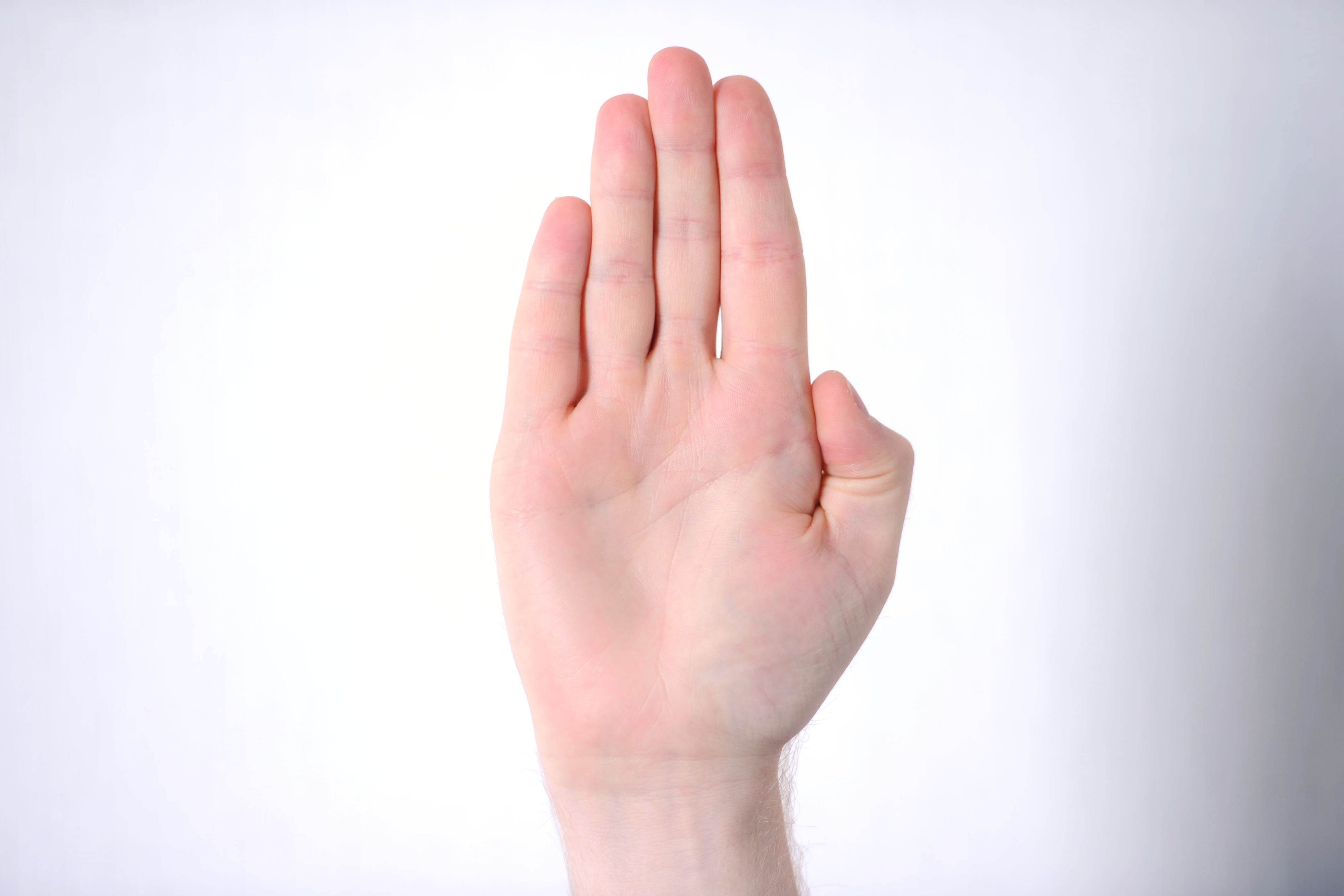Hand odour can reveal a person’s sex, study suggests
Researchers say little progress has been made in analysing human scent profiles in the lab.

The smell left behind by someone’s hand can reveal their sex, a new study suggests.
Dogs have long been used in criminal investigations to reliably identify and track people based on their odour.
While human scent evidence from the field is well established, researchers have made little progress in analysing human scent profiles in the lab.
This approach to analysing hand odour volatiles can be applied when other discriminatory evidence such as DNA is lacking and allow for differentiation or class characterisation such as sex, race and age
The new study shows it is possible to predict a person’s sex based on hand scents, and existing human odour research indicates scent compounds can also reveal a person’s age and racial or ethnic group.
The scientists suggest that if the results can be validated with further research, the analysis they conducted could be used to uncover many details about a potential criminal solely through their hand scent profiles.
In the new study, researchers used a technique called mass spectrometry to analyse the scent compounds present on the palms of 60 people – half male and half female.
After identifying the compounds in each sample, they conducted an analysis to see if they could determine the individual’s sex based on their profile of scents.
According to the study, the analysis successfully predicted a person’s sex with a 96.67% accuracy rate.
Because crimes like robberies, assaults and rape are all committed with a perpetrator’s hands, they have the potential to leave behind valuable trace evidence at a crime scene.
The study authors said: “This approach to analysing hand odour volatiles can be applied when other discriminatory evidence such as DNA is lacking and allow for differentiation or class characterisation such as sex, race and age.”
The research is published in the Plos One journal.
Bookmark popover
Removed from bookmarks